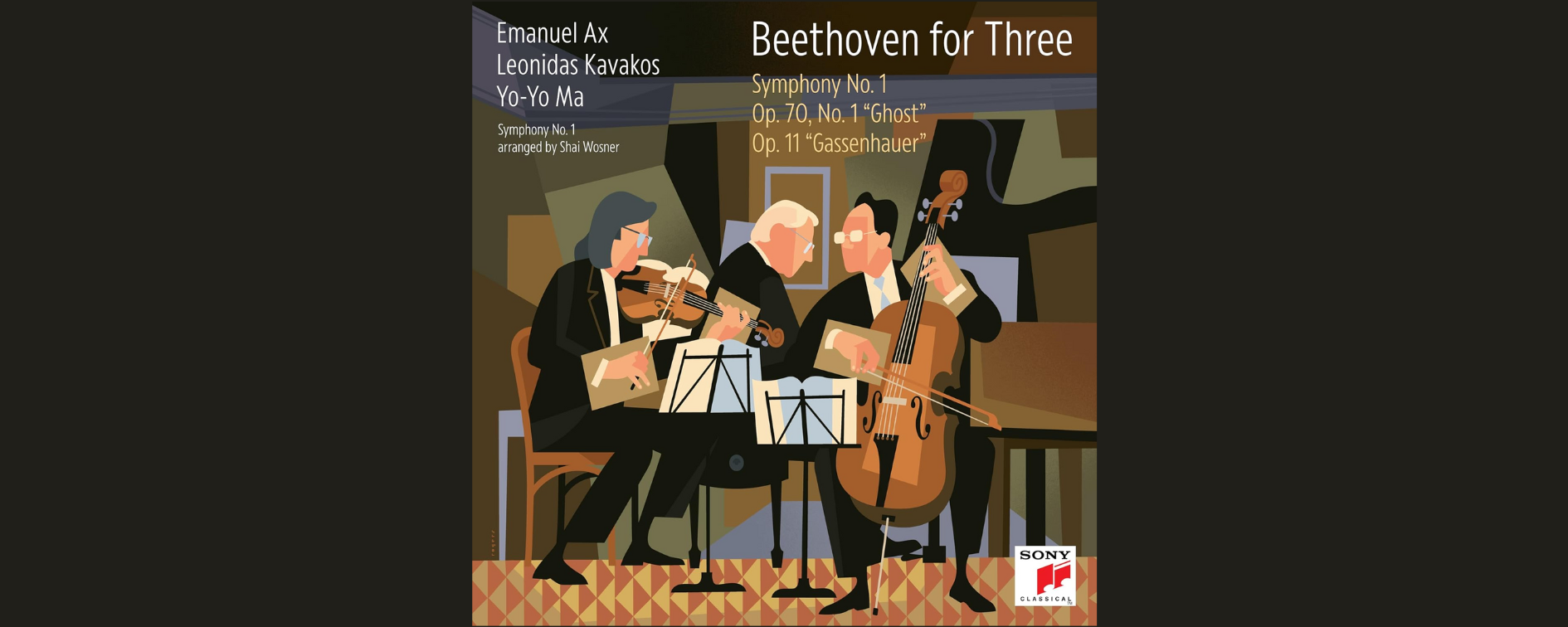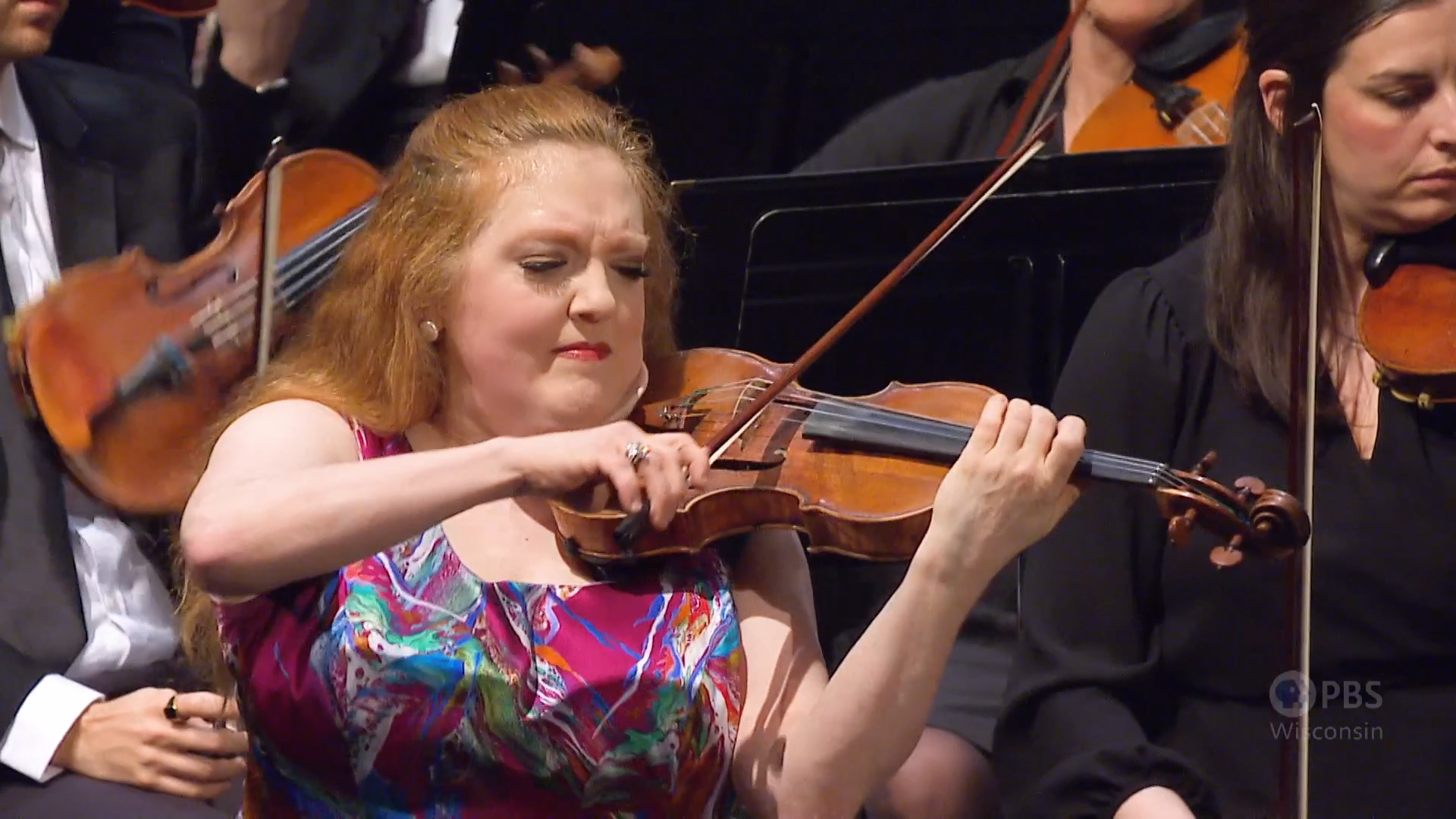The road to disaster was paved with good intentions. In 1915 or ’16 famed pianist Sergei Rachmaninoff came to the St. Petersburg Conservatory to perform a benefit concert for the widow of composer Alexander Scriabin. Not everyone appreciated the gesture, and a notable musician who attempted a compliment caused a rift that lasted for years.
Rachmaninoff’s entire concert consisted of works by the late composer, but some difference of opinion arose as to just how his music should sound. In one of the front rows of the hall an assortment of people chatted and whispered throughout the performance. One of them was a thin man of twenty-five or so with pendulous lips and an oversized blond head. His name was Sergei Prokofiev.
Rachmaninoff was the musical idol of Moscow, whereas Scriabin had been the hero of a small group of fervent aspiring mystics and philosophers that dismissed Rachmaninoff as the representative of outmoded romanticism. Prokofiev was their musical spearhead. He and his music were powerful, tough, and direct. His friends in the audience that night were surprised by Rachmaninoff’s tribute to Scriabin but were quick to express their disdain for his methodical, less than mystical approach to Scriabin’s visionary music.
News with a little more humanity
WPR’s “Wisconsin Today” newsletter keeps you connected to the state you love without feeling overwhelmed. No paywall. No agenda. No corporate filter.
After the concert they had nothing but scorn for Rachmaninoff’s playing.
Except for Prokofiev, who thought that Rachmaninoff had done a good job. He went to the artists’ room and with typical bluntness told the celebrated pianist that his performance was “not bad, not bad at all.”
It was not what Rachmaninoff wanted to hear. “What do you mean–not bad?” he demanded. He turned his back on Prokofiev.
Although it took many years, the two Russian greats were able to get on better footing during a chance meeting on an ocean liner, where they met again not at a concert, but over a chessboard.
Nicholas Nabokov tells the story in his 1942 memoir Old Friends and New Music.
Wisconsin Public Radio, © Copyright 2026, Board of Regents of the University of Wisconsin System and Wisconsin Educational Communications Board.




